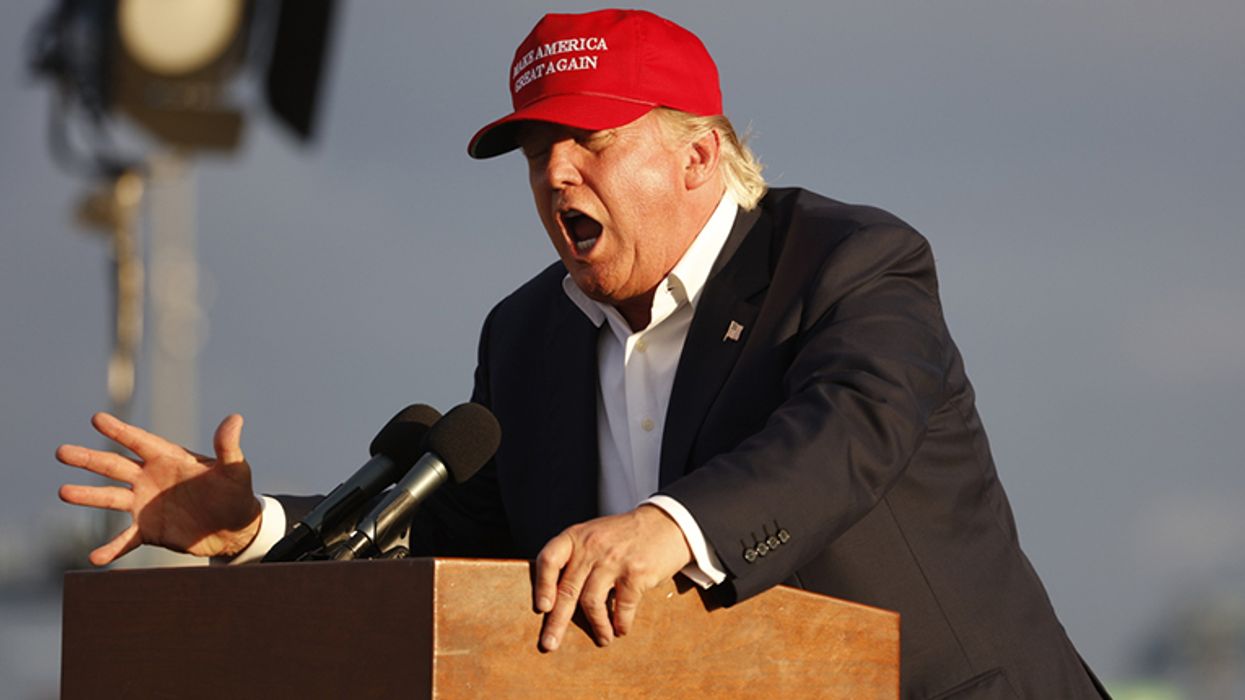President Donald Trump's administration is now barring international visitors from entering the United States for merely criticizing Trump in private conversations, according to a new report.
French newspaper Le Monde reported Wednesday that an unnamed space researcher attending a conference in the Houston, Texas area earlier this month was abruptly sent home after a random security check by customs officials. Philippe Baptiste, who is the French minister of higher education and research, said that when U.S. authorities searched the scientist's phone, they discovered "exchanges with colleagues and friends in which he expressed a personal opinion on the Trump administration's research policy." He was then "denied entry to the United States before being expelled."
"Freedom of opinion, free research, and academic freedom are values that we will continue to proudly uphold," Baptiste told Agence France-Presse (AFP). "I will defend the right of all French researchers to be faithful to them, while respecting the law."
READ MORE: White House press secretary schooled on 'Democrat activist' judge Trump wants impeached
The Wednesday incident prompted French Ministry of Foreign Affairs to state that while it "deplores the situation" involving the researcher, the United States is still "sovereign" and has final say over whether foreign nationals will be allowed entry. However, the ministry added that it maintains a "desire to promote freedom of expression" while also striving for "academic and scientific cooperation."
Le Monde didn't report on the actual contents of the researcher's messages, but the Trump administration has made headlines in recent months for its suspension of billions of dollars in federal grants for scientific research. Even though a federal judge compelled the administration to disburse funds it had frozen via executive order as Congress had already appropriated the money, British scientific journal Nature reported in February that researchers at the National Institutes of Health still hadn't received grants that had already been awarded.
On Bkuesky, University of Maryland biology professor Joshua Weitz responded to Le Monde's article by observing that the U.S. is scheduled to host the World Cup in 2026, and that foreign visitors may be thinking twice about traveling from overseas to cheer for their team in the United States.
"How the world will be in the summer of 2026 is pretty unimaginable now, but the fact that the World Cup will involve thousands of non-US citizens entering the US and moving between matches in the US, Canada and Mexico just sounds like a recipe for horrible things to happen to people at the border," author Chris Bertram wrote.
READ MORE: 'Torture you until you quit': Pro-Trump federal workers say they 'didn't vote for this'
Click here to read Le Monde's full report.


